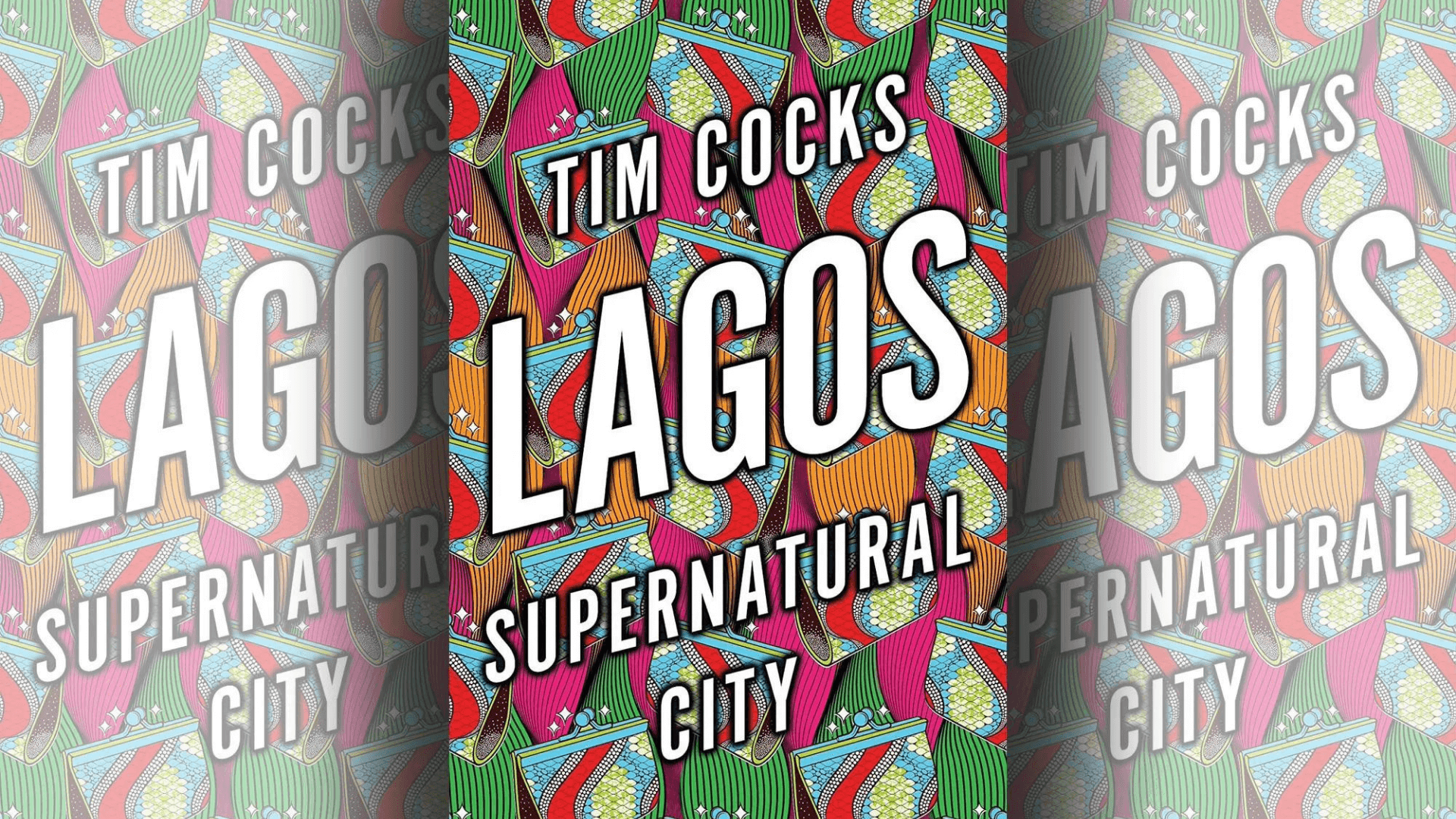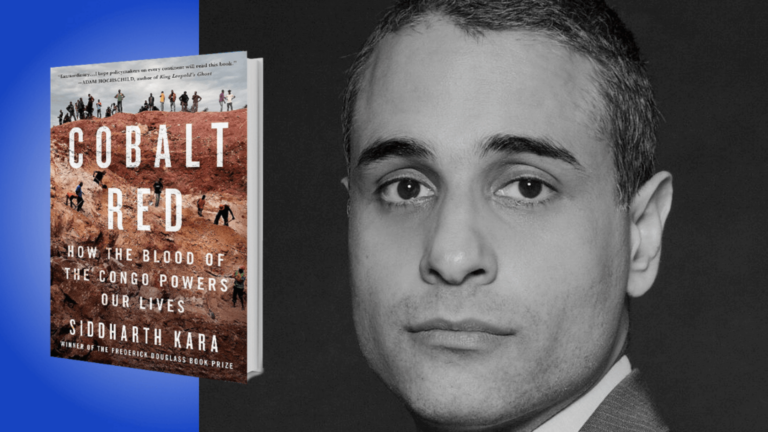Author – Tim Cocks
Lagos is the “place” in Nigeria, and the place has perhaps been captured best in this book. A book like this is always a good read because it provides a perspective, often a dispassionate one, of an outsider looking inside. Most times, they are often able to describe a pattern that has eluded those that have been born and immersed in the system.
Lagos – supernatural city is a documentation of the “life” stories of seemingly unconnected individuals about lives in Lagos. Indeed, the book describes itself as “an intimate portrait of life in one of the most vibrant cities in Lagos”. The book is about the beliefs and “spirituality” of these Nigerians. That is, how they confronted the myriads of challenges in Lagos by calling on the different gods they knew.
Two exceptional features in this book are quite interesting. The characters are known, traceable, and recognized. They are not pseudo characters. Because of that, it was interesting reading what Cocks wrote about these people. The second is that the book is a validation we all have dreams, a burning desire to do well in life. However, in Lagos and broader Nigeria, doing well requires a combination of many things. It cannot be limited to hard work or diligence, family or friends, innovation, or knowledge. For every successful individual, there is that ‘extraordinary’ element and feature about their success. That is why this book is very fascinating, narrating that side of majority of Nigerians.
I have a remote personal connection to one of the stories. On page 189, Cocks wrote, “The Conflict for control of Ajah was long, sporadic and often futile”. That conflict led to my wife leaving her banking job in 2006. Based in Ajah at the time and working on the mainland after the banking consolidation exercise, she was always arriving home late. In those times, it was a daily struggle to arrive home safely because of the fight in Ajah. Unable to secure transfer at the bank, she reluctantly left the banking role. Just as policy have consequences, conflicts, no matter how small, have consequences, sometimes, they are tangential. In Lagos today, as it is the case in the whole country, there is now a widely accepted notion that the next few years will require all the “skills” of survival one has ever learnt. The economy is tough, and it is no coincidence that many of those that can leave, are leaving in droves. For those left, please consider one of Cocks final comments in the book, “The venues change (and I will add that the people also change), but the underlying anxiety was always the same. The wheel of fortune is spun by forces no. human has ever managed to control. Wouldn’t you want to appease them if you could?”













